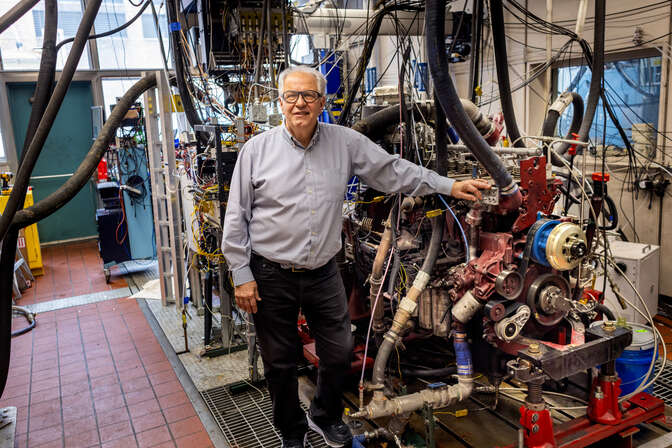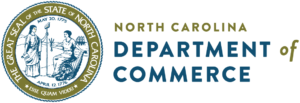In a significant move towards a cleaner energy future, the University of Michigan and the University of California, Riverside are spearheading efforts to boost the use of hydrogen as a fuel alternative. The newly formed Hydrogen Engine Alliance of North America (H2EA-NA) seeks to establish hydrogen’s credibility as a low-emission alternative for internal combustion engines (ICEs) in a variety of vehicles and equipment.
Hydrogen, known for its potential to dramatically cut emissions like carbon dioxide and other pollutants, remains underutilized in the US. This is something the H2EA-NA aims to change. The alliance promotes hydrogen not only as an alternative fuel but also as a complement to existing ICE technologies, facilitating the transition to zero-emission innovations.
André Boehman, Vennema Professor of Engineering at the University of Michigan and co-director of the H2EA-NA, stated, “Using hydrogen in internal combustion engines offers a low-carbon, long-term solution for transportation, particularly in applications where battery electric or fuel cell vehicles may not meet consumer performance requirements.” Boehman’s extensive work in alternative fuels and energy conversion will aid the alliance in its mission.
An eye-opening demonstration by the Southwest Research Institute showed that hydrogen-fueled engines in heavy-duty trucks could achieve ultra-low nitrogen oxides (NOx) emissions. These levels were notably lower than those of traditional diesel engines, confirming hydrogen’s potential to significantly reduce transportation emissions.
The alliance is co-directed with Georgios Karavalakis from UC Riverside, a professor specializing in combustion engines and zero-carbon fuels. His colleague Wayne Miller, a leading scientist in the alliance, also brings vast expertise in zero-carbon fuels and transportation emissions to the table.
“Hydrogen is a powerful fuel option when used in internal combustion engines and opens an effective pathway to a cleaner energy future,” said Miller, emphasizing the alliance’s commitment to hydrogen-powered ICEs.
By gathering experts and stakeholders from automotive, energy, and governmental sectors, H2EA-NA aims to elevate public awareness and support infrastructure development for hydrogen in the U.S. Founding members will gain access to advancements in technology, market trends, and industry standards through their involvement.
The alliance also aims to bridge the gap between the U.S. and countries like China, Germany, and Japan, which are already leading in hydrogen fuel technology. Initiatives like Germany’s Allianz Wasserstoffmotor and the European Clean Hydrogen Alliance have set significant precedents that H2EA-NA hopes to parallel.
According to Karavalakis, while the U.S. holds great potential in hydrogen innovation, challenges such as infrastructure, policy, and public education have hindered progress. The high costs associated with complex technologies and materials also pose significant barriers.
Looking forward, H2EA-NA plans to host the 2025 Hydrogen Engine Alliance Conference on May 1-2 at the California Air Resources Board headquarters in Riverside, CA. This event will serve as a platform for discussions on hydrogen technology advances, emissions strategies, and policy initiatives, featuring a networking dinner for industry engagement.
The alliance is financially supported by annual membership fees, which are managed by the U.C. Riverside Foundation, with funds equally divided between UCR and U-M to facilitate alliance operations. For more details, visit the H2EA-NA website.





